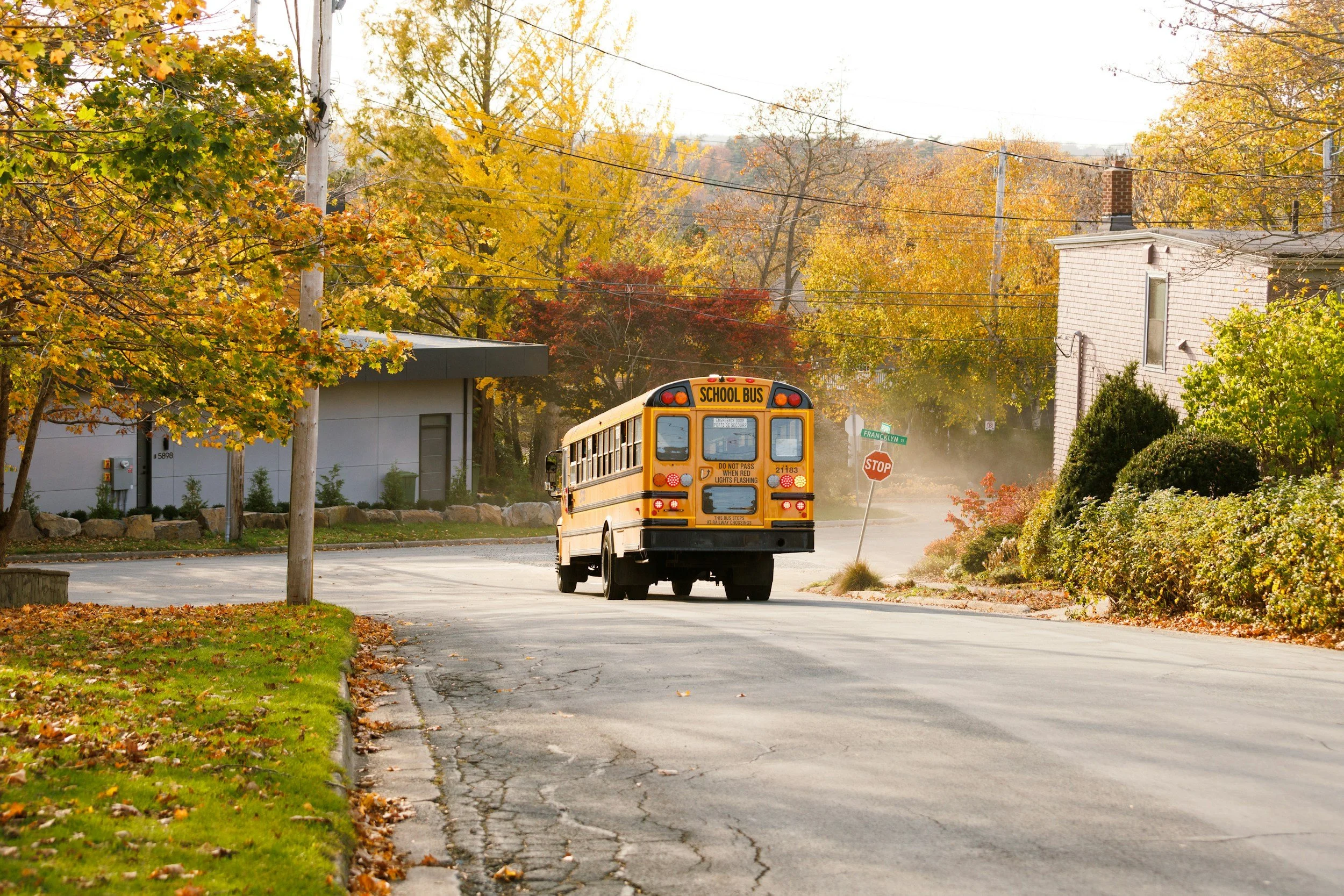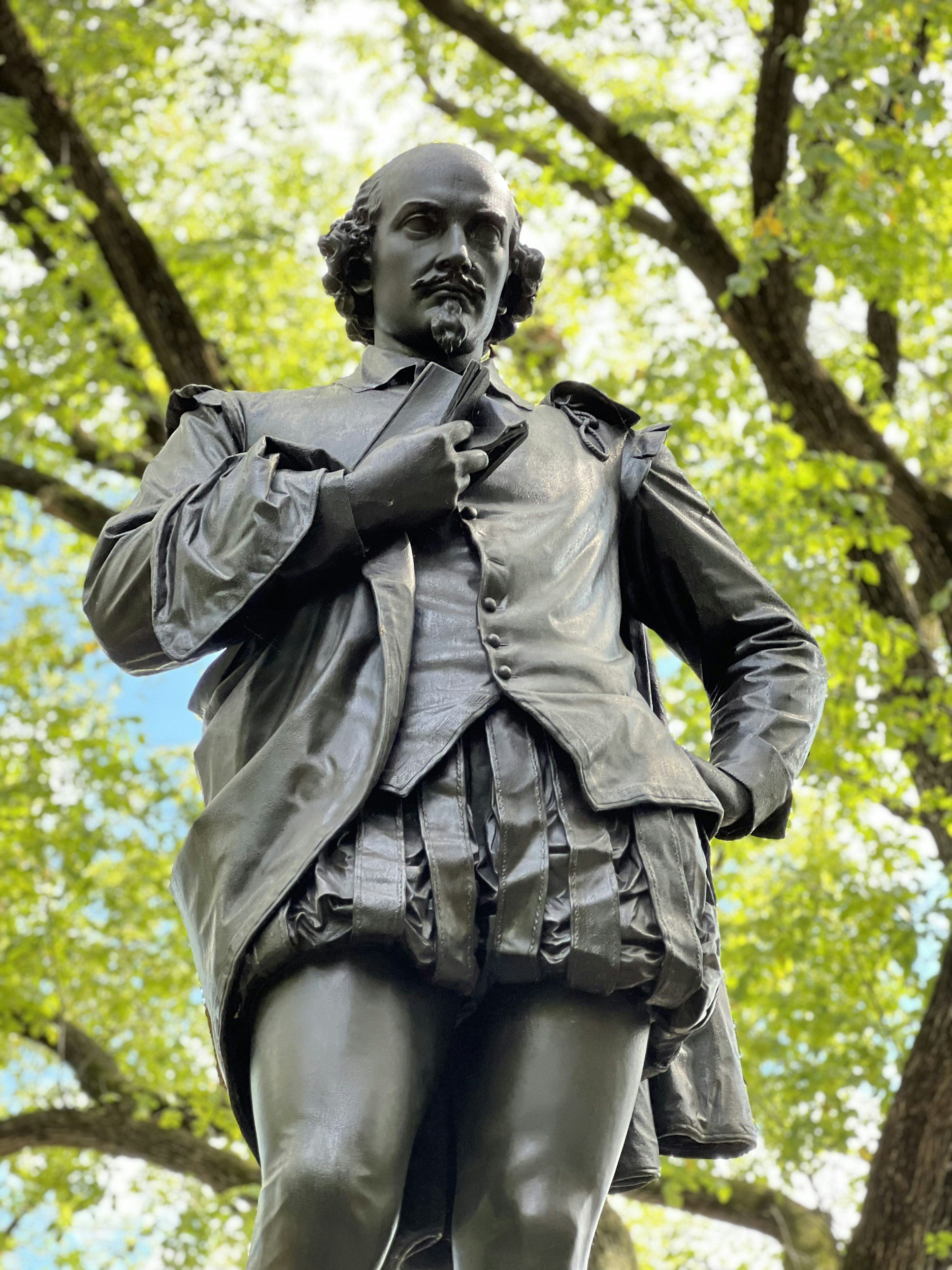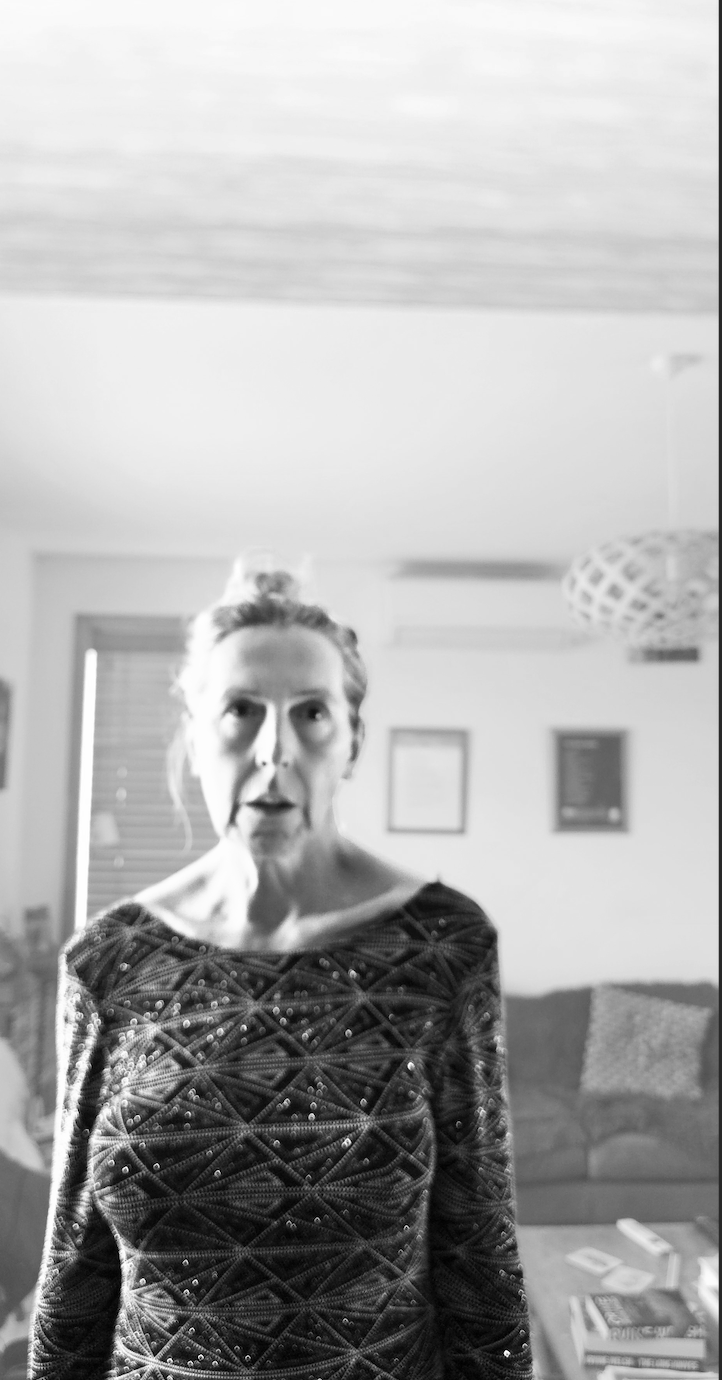Another Coming Out
It was the way he shut down when he entered the room.
He’d turned his key in a lock. He’d opened a door. His voice had risen once more in our dwelling, risen once more in me.
“Hello.”
Warm, of course; but, as he came close, this affirmation carried something imperceptibly dark and deep. Like an undertow; a current fast in its upset. Unsettlement pooled in his eyes also. Their whole agitated, as if something illicit caused them to swell and their colour to harden like stone.
What the heart holds onto, I thought. Did he sense the secret inside me? For weeks, I’d buried it, waiting for this encounter, waiting for it to set him, set us free.
We stared at the other. As if mutually anticipating a break. A light offering to split the moment kaleidoscopically into something else. A digression, a reflection, a tease, a joke.
Instead, we separated.
For a while, he went elsewhere. To his room, where he dropped his bag, the blow of it echoing back to me. His door closed.
From afar, I thought I detected a soft escape. As if, alone with his furniture, he found a familiar audience for his preparatory speech.
In the kitchen, my mind spun as I occupied myself. Drying dishes. Cooking something to calm his hunger.
Suddenly, he appeared close to me once more. Moving, as he confessed, “I want you to know, I’m …”
&
Out into the world went the word he used to identify himself.
Unconditional, my love for him spoke equally urgently in response.
“I love you. I will always love you. Nothing changes that.”
&
No, nothing changes that.
Now our son’s returned to his space, seemingly lighter because of his release, I’ve withdrawn into my study.
Here, I begin to make sense of what’s just unfolded.
“Nothing changes that.”
Again and again, as pen touches paper, my memory replays this. So that it becomes something double: fixed in its particulars yet shifting with each generation.
“Nothing changes that.”
“Nothing that changes.”
“That nothing changes …”
&
Raising our son is a restoration, a healing. Always knowing it’s he who’s raising me.
To new challenges. New resolutions. New ways to love: him; me.
To be a better mother, a better person is to find ways to repair deep wounds. That scar of my youth, for instance. Always visceral each time I remember it.
&
“No one will ever love you,” Mr. Y told me. In that deep, night-terror delivery of his. That sense of entrapment in word, parent, child. That woman – Mrs. Y – observing this as if it were an episode of Casualty.
All that on repeat.
Like a track turning in its groove, a needle scratching unseen contours, all for the release, the music heartfelt and insightful, this too. My retreat into a lonely space. Locked away from those, I knew, would only love me on their own terms; those I couldn’t accept. The sudden cold, as if the sun was cut from the sky. Materializing a wound not as though it were given in the moment, but as though it were realized in the separation from a prolonged and brutal attack. Inspecting myself for an obvious entry point for the damage. Finding blows – fist, foot, curse, con, spite, spit – spinning through my memory. As if Mrs. Y’s detached perception and Mr. Y’s delivery composed a final shot. At what? Evisceration? Exclusion? At targeting the animal in me that had endured its ongoing injury wanting to believe those who fenced it in were its caregivers, its family?
Sitting in that closed space with the pained knowledge that family was for other people a curative, and for me a lifelong scar now. That would never heal.
Surfacing tears, the kind that remained, that echoed, cadent elegies, at the loneliest moments in life.
Calling to mind a record. Letting it spin within its machine; long play. “It’s a sad affair/ When there’s no one there …”[i] On full volume; to mark the reckoning of everything else.
&
Now, I lie my memory of that over my memory of our son’s coming out. In this, in me, they fuse. A single replication. Child and mother as one. Both revealing ourselves in the same way; apart from a slight shift. For two generations of parents fail to replicate themselves. One tells us we will be forever loveless; the other tells us we will be forever loved. An individual production spinning across time and space; each rotation fracturing incrementally, as if at any moment it might tear us apart.
&
It’s a kaleidoscope, a rainbow kind of thing.
My mind, its recreation of what might have been – what might yet be - reimagines a change in the expectation placed upon queer people to come out; a change also in the hidden things that companion this, like the fear of rejection, exposure, and harm. Those things I found in our son the moment before he spoke; yes, found in myself also three decades ago.
In this contrivance, I imagine a distant relative. Or stranger. Is this replicant male or female? Does it matter? Not to me. But in the way these things continue to work, it matters, if only to ensure the persistence of the device. The one expecting only queer people to come out.
Why does this inconsistency continue to refract us? And why do we continue to allow it to do so?
Why not, for instance, “I want you to know, I’m … heterosexual”?
Imagine.
All those cogs and wheels bedded deep in the engine of that thing we call society, turning gender, sexuality, class, ethnicity, religion, disability, power, privilege, and prohibition into this?
Yes, imagine.
&
A dream long held: my best friend Hope migrated. Like me, she and her partner, Will flew across seas and skies to relocate themselves to a different land.
A while ago, I met her for lunch in a quaint café. All retro teapots, teacups, and tableware. Everything imprinted with that pattern favoured in my youth, ‘Eternal beau’.
My memories simmered of the seemingly endless instances when, a pot of English breakfast between them, Mr. and Mrs. Y drank cup after cup to fill their silent mornings. Since then, psychosomatic perhaps, I’ve developed an intolerance to this infusion. So, I opted for something else, and left Hope to her brew.
As she poured another cup, she asked after our son.
Once I replied, she added, “So, he’s come out.”
I tried to remain featureless, added as delicately as I could, “Yes …” Then, still calmly, “How did you find out?”
Hope revealed her screen. There, a colourful image captured my eye. Polychromatic background, bold text: an Instagram post announced our son’s identity to the world.
The world, that is, excluding you and me.
&
Why, as individuals, families, communities, societies, do we keep replaying the expectation upon queer people to come out?
Because, it’s better than secrecy?
Yes, that’s what queer people are told. Even though secret keeping is something everyone continues to do.
Like our son. Felled I may have felt at discovering his secret, but slighted? No. Sometimes, it does a mother good to be reminded her child keeps confidences, reminded that the beautiful being she created doesn’t belong to her.
What she possesses instead are her own secrets.
Like the one I cultivate each evening once I’ve drawn our son a bath. When it’s full, he powers down his devices; except his phone, which he surrenders to me. So that, while he’s immersed in the deep, I can covertly check his mobile to review his online engagement. To ensure his calls have been with those we both know, his text exchanges have been appropriate, and his social media use has been safe.
&
Now as I write about it, I reimagine that moment before our son said, “I want you to know, I’m …”
The turbulence I saw inside him turns into something else: a murmuration of starlings in a single, swirling identity, dark from a distance, a wonder close-up.
&
That careful, covert checking of our son’s phone and online engagement, what did I expect to find?
Nothing. Outcomes weren’t my purpose; ensuring he wasn’t abandoned to the wild-bodied, dark-feathered vortex of the internet was.
But what I found was something that silenced my concern.
It was a text. A few airless words, nothing more, between our son and his friend, Zed.
It had a backstory, as all our son’s interactions with his friends did. It concerned a time, two years ago, when he attended a faith-based institution, and was kicked, punched, bruised, and abused by his peers for being different. Beset by that ceaseless, squawking turmoil, he went elsewhere: to a local liberal college. There he befriended so many young people I joyously lost count of them. Each birthday party – or hangout, as our son grew to define them – swelled: George, Zed, Florian, Jett, Liam, Jackson …. This friendship group sat in the lounge, playing Prisoner and Sea of Stars, while chatting, sharing pizza, and drinking Coke. Into our son’s life and mine they brought their difference; the kind that didn’t make our son different at all. All their neurodiversity and social anxiety, different cultures and distinct personalities. Such a beautiful group of young people growing into their adult selves.
The correspondence that stilled my tumult started with Zed reaching out to our son.
‘No one else to turn to. Except you. Want to chat?’
‘Course.’
That’s when Zed told our son he wasn’t Zed at all. No. She was Zelda and was deeply anxious about coming out. Most myopically, her fear focused upon her immigrant parents.
Reading this, I sensed all too closely Zelda’s concern. For there’d been more than a few occasions when she’d sought refuge in our house because, as is the way too frequently but understandable with those exiled to other shores, the emergence of dark memories, strange feelings of homesickness, and an inability to get work had led her parents into an all-too familiar spiral: damaged mental health; dependence upon alcohol; random, turbid arguments; fierce and foul behaviour.
After Zelda poured her heart out, our son thanked her for confiding in him. Then he said he’d always be her friend, always support her.
‘Nothing changes that,’ he wrote. ‘I know your parents will find it in their heart to love and support you; and if they don’t, that’s their loss. When you’re ready to tell them, I’ll be there for you.’
Reading this while our son lay in the fluid warmth on the other side of the door, I cried.
So much about Zelda’s reaching out to someone for solace might have gone awry. What she needed was a soul who knew what it meant to be abandoned and hurt by others. What she also needed was a soul with deep compassion and eloquence, a wise mind, and a tender heart. In all this, her coming out needed exactly what it got: our amazing son.
&
How then can I blame him for his covertness?
I can’t. In his secrecy, he found the strength to speak, console, and sustain Zelda. And to do the same to himself while nurturing his emergent sense of identity.
The same kind of secrecy I observed once when living in the house of his grandparents; and, in truth, have held onto since to shield him – for as long as possible – from them; even if that’s meant they are the grandparents he’s never had, never known.
&
So, Zed became Zelda. With our son’s support she told her parents and, to everyone’s joy, they, who’d carried the deep baggage of their past across seas and skies to another land, offered her the unconditional love she needed to love herself.
And during her transition, Florian came out as gay …
And Jett came out as asexual …
In this shifting scope of identity, I saw how our son’s generation changed and normalized what it means to be queer. Expanding and deepening difference. Extending pronoun use. Disseminating acceptance. Breaking down stigma.
The nurture our son offered others, I mirrored in my teachings when those from his generation began to arrive in my classes. First year students, they came out to me. Many, fearful of parental rejection, hadn’t changed their official documents yet. But they were desperate to be acknowledged for who they were, and to do so in a space they considered safe. In this, they asked me if I would call them by the pronouns and names they knew to be true.
&
In writing this essay, I confess something to our son. That message sent into the world, iridescent and bold: I admit to seeing it.
“Why,” I ask, “did you tell others before me?”
Cogs and wheels turn inside him, I see.
“Deep down,” he replies, “it hurt whenever I thought of telling you.”
“Why?”
“Upset. I worried you’d be disappointed with me.”
“Me? Disappointed with you? Never.”
He soaks up the determination of this final word, as if he knows in his heart its inference already, adds, “Truth is, it felt like an obligation. Something I had to do, rather than wanted to. As if it controlled me.”
“But you came out to everyone on social media?”
“Remote, isn’t it? Easy to post something on Insta or Facebook. It’s a black hole. Send it, and it disappears. Becomes someone else’s account. Afterwards I switched off my device. Felt unburdened; relieved. But not in a good way. Like, I was detached from it now; faceless.”
&
That long his- and herstory of coming out placed peculiarly upon the queer people has always demanded the kind of things the privileged, heteronormative community has never demanded of itself. Like verbalizing identity. Like the expression of it as an otherness that, in its acknowledgement, embraces others’ shame of it.
What follows that?
For some, it is what it’s always been: parental rejection; exclusion from family and friends; displacement from community; a lifetime of internalizing that shame and anxiety; yes, a lifetime of being forced to own that hatred as our own.
Equally inescapable and enduring are its memories. Exiled from the experience; yet always returned to it by recollections so vivid, so haunting they spin repeatedly through the small, lonely moments of our lives.
&
It’s about repossession, of course. The queer community has confronted society’s expectation to come out by reclaiming the experience as a seminal moment in the affirmation of identity.
But …
By continuing to repossess it, we repeat it; and the risk that what’s duplicated isn’t simply the individual’s ability to own it, but its ability to own them. To burden them, at a young age, with fear and revulsion well before their truth is uttered. To further burden those who are rejected with the perpetuation of this negativity for the rest of their lives. Not because their being warrants fear, revulsion, or rejection, but because bedded deep in the engine of the coming out experience are the cogs and wheels of things that continue to make queer people feared, reviled, and rejected.
Because the coming out experience is part of a wider social machinery, it’s a construct, man-made. So, imitations of it frequent queer people’s existences. Once they’ve come out to family, there’s an expectation that they come out to friends, then relatives, then work colleagues or classmates … Where does it end? Change jobs, move to another city, migrate: the expectancy to come out resurfaces, and with it the dark uncertainty of the response.
There’s community in coming out. There’s agency also. But on what terms, and at what cost? The terms are already written: worry; doubt; sadness; the rawness that accompanies exposure. As Zelda’s and our son’s coming out experiences evidence; these matters churn in the hearts and minds of young people still. The cost, meanwhile, continues to be terrible. Verbal, physical, and online bullying. Conversion therapies. Countries where, bedded into that thing called society, coming out is part of a state machinery that criminalizes, incarcerates, and kills members of the queer community.
We must, we can do better than this.
&
The kaleidoscope of my mind, my being continues to turn.
What are the alternatives to coming out?
I who have lived so long with the haunting memories that rise when sexuality is questioned, voiced, shamed, then spurned, realize the following substitutes.
Firstly, universalize the coming out experience, socially sanction it for everyone. All fireworks and fancy dress, all balloons and banners, all candles and confetti, celebrate it. Whenever a young person is ready to speak their truth, hold a party. Invite family, friends, neighbours. Allow every person, every identity to be exalted; not shamed. To be besieged by presents; not panic. To rise like toasts, cheers, and hearts buoyed by enduring love; not memories repurposing others disgust. Of course, there’ll be some who don’t want to party; no worries. Inherent in a collective coming out experience is choice. Let that replace the current cultural expectancy that rests exclusively upon the queer community.
Or, conversely, erase the expectation entirely. Allow everyone to simply exist with the freedom and equality that heterosexual people presently enjoy. For all identities to flourish in the same implicit, bright ways.
Imagine.
The same, simple, unspoken attestation of truth, of identity that pins itself as posters upon all bedroom walls. That cultivates itself freely, universally in all first crushes, first dates. No preface. No prior confession. No preceding internalized angst. No subsequent fear of rejection. Just love expressing itself in diverse and mesmerizing ways. Just love expressing itself as quietly, as openly as a kiss.
Yes, imagine.
&
‘I want you to know, I’m …’
What else is there to say?
It’s our son’s generation who’ve enriched and expanded identity with new ways to complete this sentence.
May they also find a way to turn the ongoing unsettlement and anxiety of the coming out experience into something as beautiful and universal as an embrace.
As it is, seeing worry in our son’s eyes, hearing panic in his voice, and sensing upset in his being in the moments before he spoke his truth: as a mother, I’ll never forget that.
[i] Orzabal, R. (1981). Suffer the children (song). On The Hurting (1983). Mercury.
-Siobhan Harvey
Siobhan Harvey is a author of eight books, including 2022 New Zealand Book Award longlisted, Ghosts (Otago University Press, 2021). She was Highly Commended in the 2024 Bridport Memoir Award (UK) and won 2023 Landfall Essay Competition. She was awarded the 2021 Janet Frame Literary Trust Award for Poetry, 2020 New Zealand Society of Authors Peter & Dianne Beatson Fellowship, 2019 Kathleen Grattan Prize for a Sequence of Poems, 2019 Robert Burns Poetry Prize and 2013 Kathleen Grattan Prize. Recently her work has been published in journals and anthologies such as Acumen, Asia Literary Review (HK), Fourth Genre (US) and Mslexia (UK), as well as the anthologies Feminine Divine: Voices of Power & Invisibility (Cyren US, 2019), Out Here; An Anthology of LGBTQIA+ Writers from Aotearoa (AUP, 2021), and Strong Words 2: The Best of the Landfall Essay Competition (Otago University Press, 2021).







